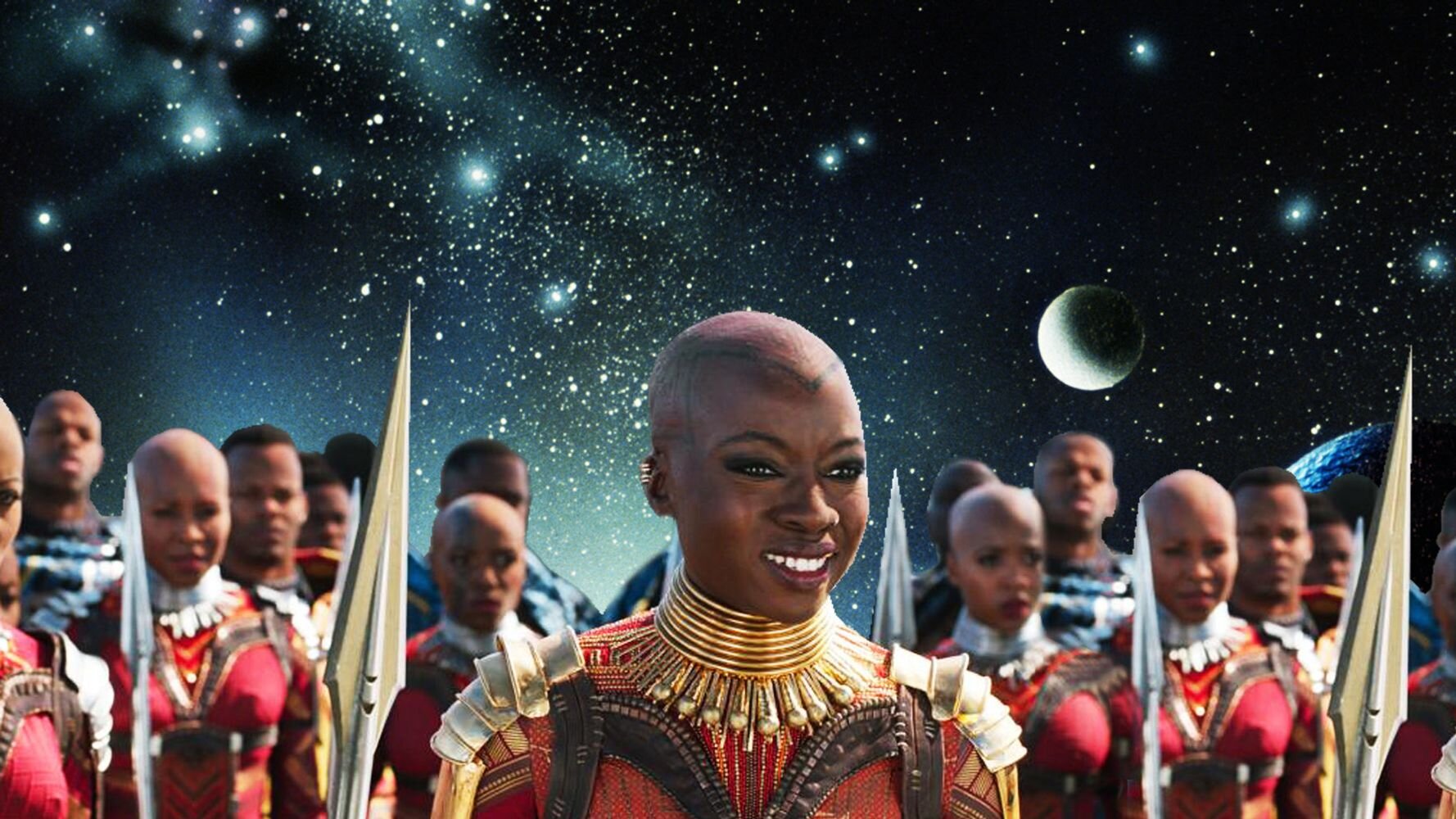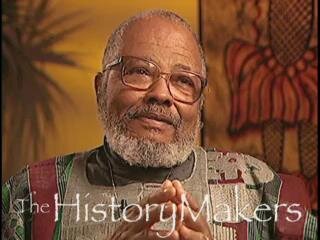Afrofuturism: Imaging a Black Future Beyond Subsistence
When Marvel’s Black Panther entered movie theatres all over the globe, it shook the world. Afro-Centric cinema is nothing new however. Luckily, we have been blessed to have film makers that center Black life on camera, and tell stories about Black people in love, in the struggle, and overcoming challenges unique to our condition as a people in a world birthed from our suffering. Although noble, Black cinema has been frozen in telling the stories of the past or telling stories about “today”, stories fixed in trying to survive the daily tribulations of being Black in a world dictated by white hegemons. What does Blackness within film look like beyond a cinematic retelling of past achievements that validate our humanity and dramatic depictions of stories that only really concern Black subsistence in a hostile world? Something that we rarely see in stories of Black life via the realm of cinema is Black life’s future oriented potentiality. What will the nature of Black people look like say 3,000 years from now? This is an important question that Marvel’s Black Panther made us ask ourselves, many, for the first time. For a lot of people , like myself, Black Panther was the gateway to conceptions of a Black future beyond its relevancy and tethered-ness to the contemporary racial plight of Black people globally, and particularly within the United States. What if the future for Black people could simply be the future? These are the types of things pondered by the genre of Afrofuturism.
Black people’s presence within Science Fiction has been infamously lacking. Despite broad interest among Black people in Science Fiction literature and media, the presence of Black people within these realms has almost been non-exist and why is that? It is because like all other aspects of western culture, literature too is predicated on the conceptual pathology of white supremacy. In the western world, a world which achieved its affluence and ability to leisurely dream from the labour of the enslaved, an ideal future, one that inspires fascination and lust for realization, is a future without Black people. This is why we as Black people need to fight - not simply to exist, but to dream, to imagine.
In consulting the HistoryMakers Digital Archive I was able to find many stories resulting from my search term “Science Fiction” and something was evidently clear. Exclusively the results I was getting were recountings of having loved science fiction comic books, literature and radio shows. In an interview with George Jones famed biologist and professor he recounts “…they play the old mysteries and the old science fiction radio stories. I used to love that, and I listen to that whenever I can. Because, again, I have that connection to my childhood. But I did watch TV, and even back in those days, or perhaps I should say, especially back in those days, I was very interested in science fiction because I knew I wanted to be a scientist and science fiction I just thought was fascinating, so I read a lot of science fiction books”.
There is a strong irony concerning Black Science Fiction. There has become a scientific consensus regarding the centrality and importance of Africa in regards to the human race as humanity’s origin point. No scientist worth any acclaim disputes this, say for a handful of scientific racists who hide behind geriatric eugenics theory and other cereal-box accreditations. This said, Africa is the starting point. Africa is where humanity was nurtured to become humanity. In other words, history, is simply Afro-Centric and the deviation from that assertion itself stems from an ideological deviation from science. Civilization was birthed from Africa, meaning that Africa was the launch pad for our human race into the future, into conceptions of modernity. However, despite this fact, and despite the civilizational achievements of Africa, not just as an origin point, but as the teacher for all other civilizations birthed from Africa. I follow the line of thinking of Cheikh Anta Diop, Aime Cesar and Walter Rodney - Africa is the teacher, the rest of the world, being her children, are her students. This line of thinking is captured in an interview with Jacob A Carruthers, American Studies professor emeritus at Northeastern Illinois University when he stated that “And he jumped in the dispute over whether the Europeans had contributed anything to world development. And he took the side of [Aime] Cesaire, who said no…”
Dr. Jacob A Carruthers
Africa and her people have been trapped conceptually as the primordial, when in reality Africa is and always has been the means of attaining the future. It was through the technology theft of African civilizations that Europeans were allowed to exceed their stagnant condition in the first place. This is the rationale we should ground ourselves in when we fight for Black Science Fiction, and the potency of a Black future. It is a fact that the majority of the technology we use today depends entirely on the availability and flow of minerals and rare earth metals extracted from Africa. Without the technology birthed from Black civilization and the abundance of the continent’s material wealth, how does one even have the existence of the spaceships within literature? Where is Africa within science fiction?
Walter Rodney’s How Europe Underdeveloped Africa
Upon informing ourselves of the past we can see the farce of science fiction’s current state. Science Fiction has largely been monopolized written by white men from countries birthed from Black knowledge production, labour, all to write stories in which Black people do not exist. We need to reclaim the genre. We Black people as the parents of humanity have the mandate to dream about the future of our children.
The Great Cheikh Anta Diop






